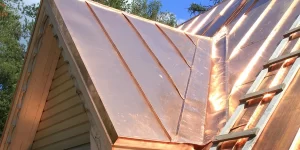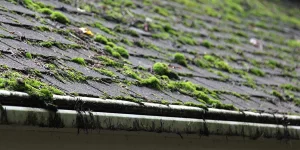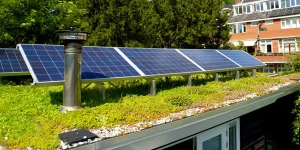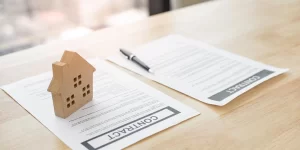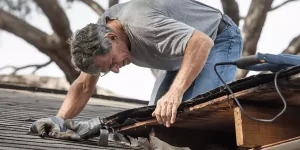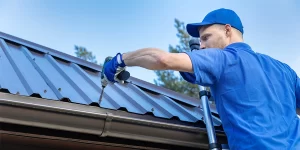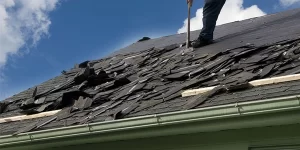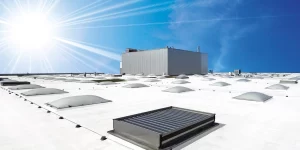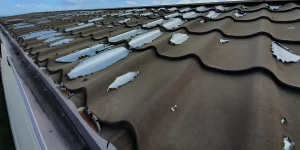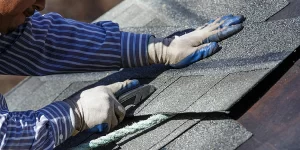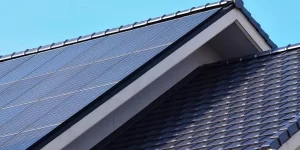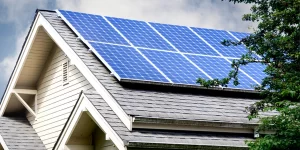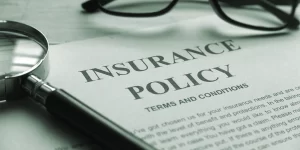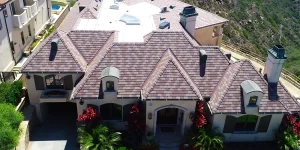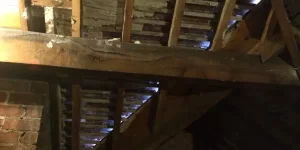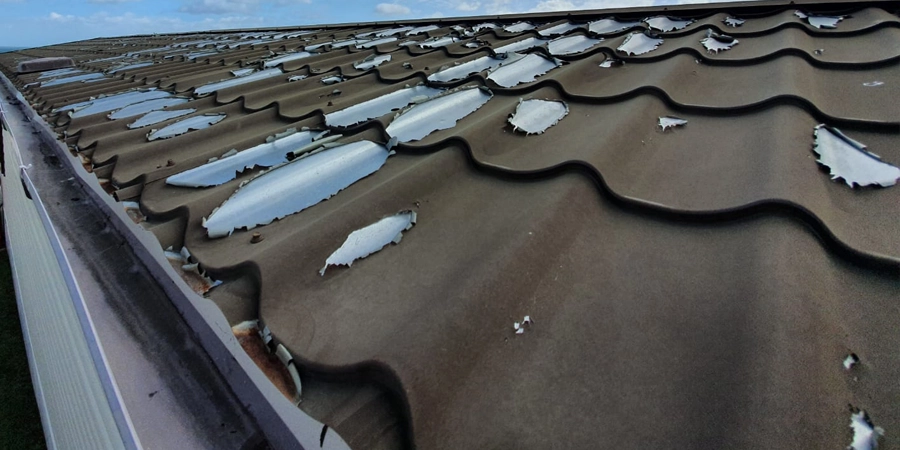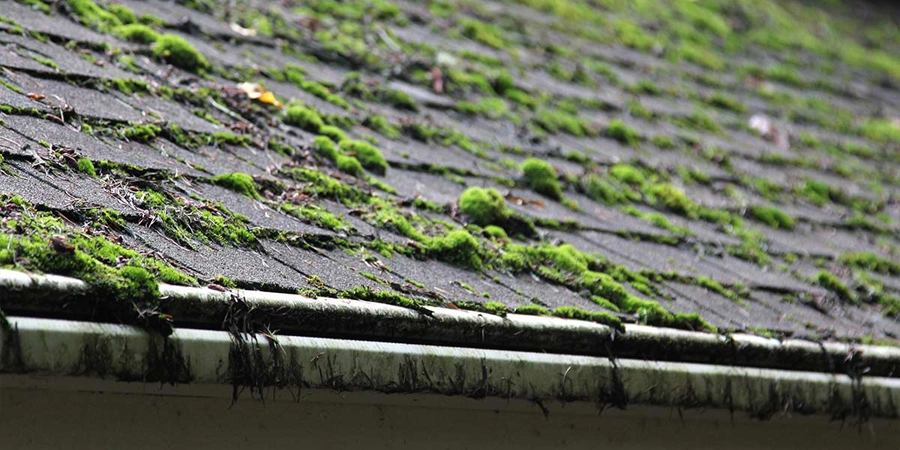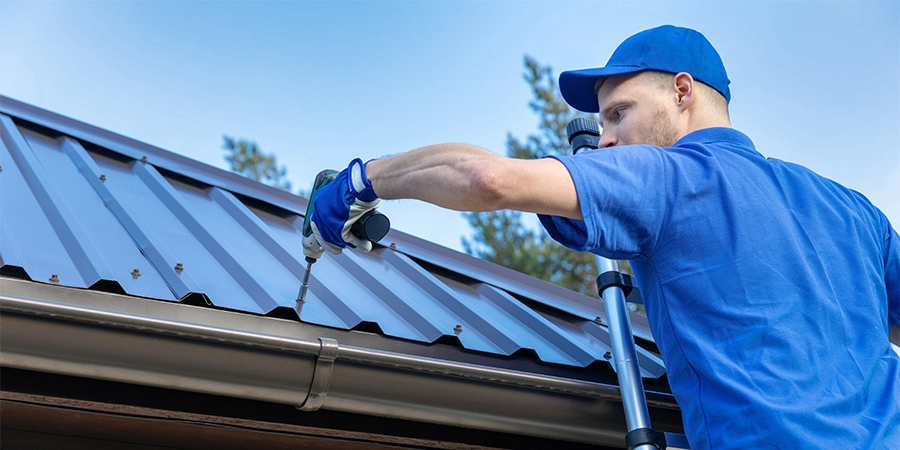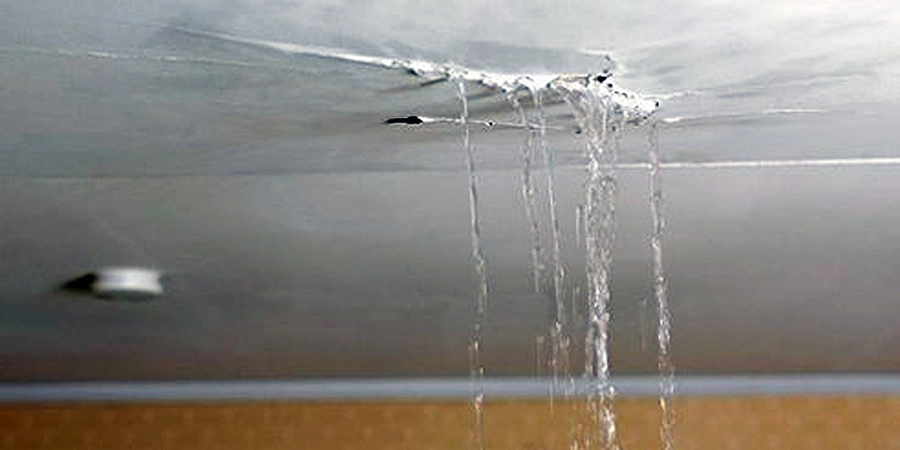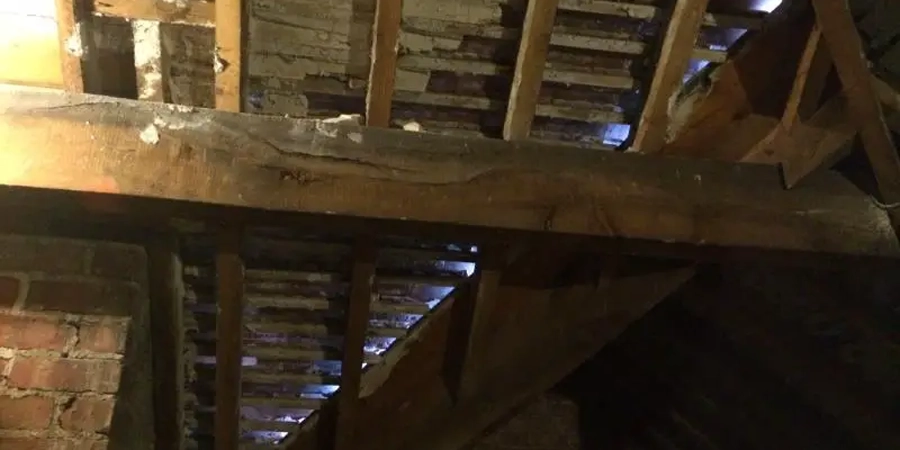The Importance of Roof Inspections
Your home’s roof is a critical component that shields you, your family, and your belongings from the elements. As such, regular roof inspections are essential to ensure its structural integrity and longevity. But the question remains: How often should you have your roof inspected? This comprehensive guide delves into the factors that influence inspection frequency, the importance of routine checks, and the potential consequences of neglecting your roof’s maintenance.

Roof inspections are a fundamental aspect of home maintenance that often goes overlooked. Regular inspections allow you to identify potential issues before they escalate into expensive and extensive repairs. A well-maintained roof not only safeguards your home’s interior but also contributes to its overall aesthetic appeal and resale value.
Factors Influencing Inspection Frequency
- Climate and Weather Conditions: The climate in your region plays a significant role in determining how often you should have your roof inspected. Areas prone to extreme weather conditions like heavy rainfall, snow, and high winds may require more frequent inspections.
- Roof Age and Material: The type of roofing material and its age impact its vulnerability to wear and tear. Asphalt shingles, for instance, have a lifespan of about 20-25 years, while metal roofs can last 40-70 years. Older roofs generally need more frequent inspections.
- Surrounding Environment: Homes located near trees are more likely to experience issues such as fallen leaves, branches, and moss growth. Debris accumulation can lead to water pooling and moisture retention, necessitating more frequent inspections.
- Maintenance History: If you’ve recently undergone roof repairs or maintenance, it’s crucial to establish a routine inspection schedule to ensure that the fixes are holding up as expected.
- Visible Signs of Damage: If you notice visible signs of damage like cracked, missing, or curled shingles, granule loss, or water stains on ceilings, an immediate inspection is warranted, regardless of your regular schedule.
Recommended Inspection Frequency
- Annual Inspections: In general, an annual roof inspection is a good starting point for most homeowners. This routine allows professionals to assess your roof’s condition, identify minor issues, and perform preventive maintenance.
- Biannual Inspections: Homeowners in regions with extreme weather conditions may benefit from biannual inspections – once before the rainy season and once before the winter season. These inspections can catch problems exacerbated by specific weather patterns.
- Seasonal Inspections: Quarterly inspections might be necessary in locations with rapid temperature fluctuations or frequent storms. Seasonal checks ensure that your roof is prepared for the challenges each time of year brings.

Consequences of Neglecting Roof Maintenance
- Costly Repairs: Neglecting regular inspections can lead to undetected issues escalating into significant problems that require costly repairs or even a full roof replacement.
- Health Hazards: Leaky roofs can lead to mold and mildew growth, which can negatively impact indoor air quality and pose health risks to inhabitants.
- Structural Damage: Unaddressed leaks can compromise your home’s structural integrity over time, leading to damage to walls, ceilings, and even the foundation.
- Decreased Energy Efficiency: Damaged roofs can result in poor insulation and increased energy bills as your HVAC system struggles to maintain the desired indoor temperature.
DIY vs. Professional Inspections
While homeowners can perform some basic visual inspections, it’s recommended to have a professional roofing contractor conduct more thorough assessments. Trained experts can identify hidden issues and provide expert advice on necessary repairs or maintenance.

Your roof is a valuable investment that requires regular care and attention. How often you should have your roof inspected depends on various factors, including climate, age, and surrounding conditions. Regular inspections, whether performed annually, biannually, or seasonally, are crucial to maintaining your roof’s integrity, preventing costly repairs, and ensuring the safety and comfort of your home for years to come. Neglecting these inspections can lead to not only financial burdens but also health hazards and structural damage, underlining the importance of proactive roof maintenance. 🏠 🤑

